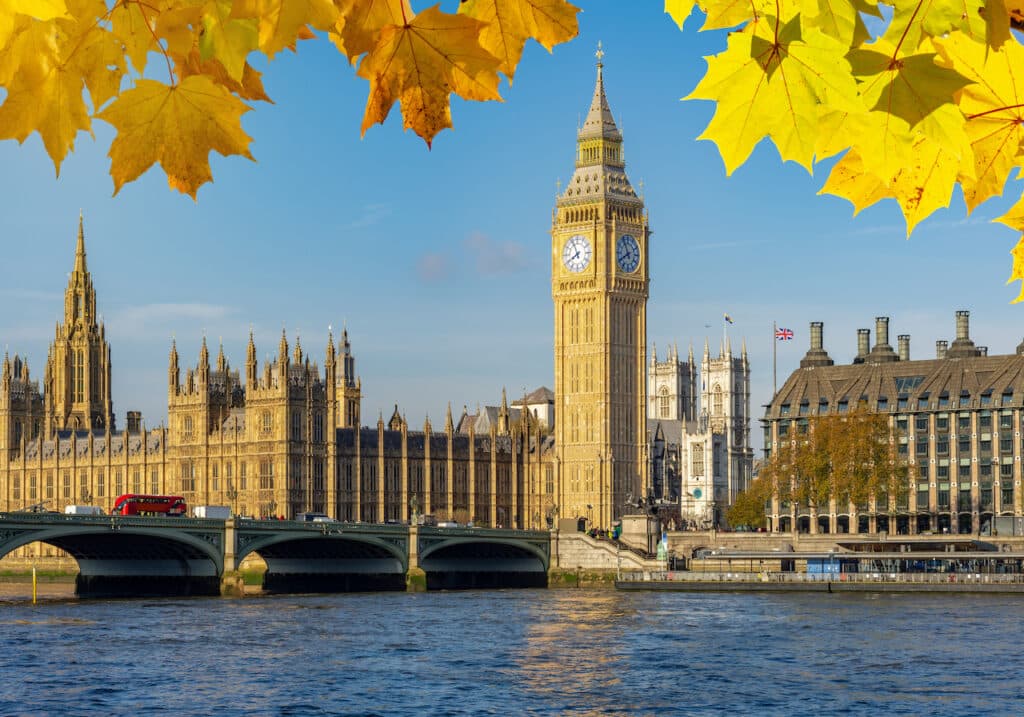Relocating to Portugal is more than a change of scenery—it’s a chance to redefine your lifestyle, career, and future. For U.S. expats, the world of Portugal visas can seem complex, but understanding your options is the first step toward a smooth transition. Whether you dream of working remotely by the Atlantic, investing in a new home, or starting a business, Portugal offers a visa pathway tailored to your ambitions. Let’s explore which Portugal visa could open the door to your next chapter.
Portuguese visa landscape: Understanding your options for relocation
Portugal has become a magnet for expats seeking sunshine, safety, and a high quality of life. But before you can enjoy pastel de nata in Lisbon or surf in the Algarve, you’ll need to navigate the Portuguese visa landscape. The country offers several visa options, each designed for different lifestyles and goals:
- D7 passive income visa: Ideal for retirees or those with stable passive income.
- Golden visa program: For investors seeking residency through real estate or other qualifying investments.
- Digital nomad visa: Tailored for remote workers and freelancers.
- D2 entrepreneur visa: Perfect for those ready to launch a business in Portugal.
Each visa has its own requirements, benefits, and long-term implications. Choosing the right one depends on your financial situation, work status, and future plans. Let’s break down each option so you can make an informed decision with confidence.
D7 passive income visa requirements
The D7 Passive Income Visa is a favorite among U.S. expats who have a reliable source of income—think pensions, rental income, or dividends. It’s designed for those who want to enjoy Portugal’s lifestyle without needing to work locally.
Key requirements:
- Proof of passive income: You must show a regular income stream. For a single applicant, the minimum is typically the Portuguese minimum wage (about €870/month), but most successful applicants demonstrate higher income for added security.
- Accommodation: Evidence of a rental contract or property ownership in Portugal.
- Health insurance: Private health coverage until you’re eligible for Portugal’s public system.
- Clean criminal record: From both the U.S. and any country you’ve lived in recently.
Golden visa program: Investment pathways
The Golden Visa has long been the go-to for investors seeking a fast track to Portuguese residency. However, recent changes have shifted the landscape.
Investment pathways:
- Investment funds: Minimum €500,000 in qualifying Portuguese standard minimum investment funds.
- Job creation: Creating at least 10 jobs in Portugal.
- Research or arts support: €500,000 in scientific research or cultural projects.
💡 Pro Tip:
As of late 2023, direct real estate investments (buying residential property) no longer qualify for the Golden Visa. This is a significant shift, so be sure to review the latest eligible investment options.
Digital nomad visa: Remote work opportunities in Portugal
Portugal’s digital nomad visa is a game-changer for remote workers and freelancers. If you earn your income from outside Portugal, this visa could be your ticket to living and working in one of Europe’s most vibrant countries.
Who qualifies?
- Remote employees or freelancers: You must prove a remote work contract or consistent freelance income from non-Portuguese sources.
- Minimum income: You’ll need to show at least four times the Portuguese minimum wage (about €3,280/month).
- Accommodation and insurance: Similar to the D7, you’ll need a lease or property and private health insurance.
Why choose the digital nomad visa?
- Flexibility: Live in Portugal while working for U.S. or global clients.
- Community: Portugal’s cities are hubs for digital nomads, offering coworking spaces and networking events.
D2 entrepreneur visa: Starting your business in Portugal
If you’re ready to bring your business dreams to Europe, the D2 Entrepreneur Visa is designed for you. This visa supports expats who want to start or relocate a business in Portugal.
What you need:
- Business plan: A solid, realistic plan showing your business will contribute to the Portuguese economy.
- Proof of funds: While there’s no official minimum, most applicants show at least €5,000–€10,000 in startup capital.
- Accommodation and insurance: As with other visas, you’ll need a place to stay and health coverage.
Why the D2?
- Entrepreneurial support: Portugal offers incubators, grants, and a welcoming startup ecosystem.
- Family inclusion: Your spouse and children can join you under your visa.
- Path to residency: After five years, you can apply for permanent residency or citizenship.
From temporary residency to Portuguese citizenship: The 5-year path
No matter which Portugal visa you choose, most residency permits set you on a five-year journey to permanent residency and, ultimately, citizenship.
The typical path:
- Temporary residency: Granted for one or two years, renewable as long as you meet the requirements.
- Permanent residency: After five years of legal residency, you can apply for permanent status.
- Citizenship: With five years of residency, basic Portuguese language skills, and a clean record, you can apply for citizenship—opening the door to an EU passport.
Practical tips for U.S. expats:
- Track your stays: Keep records of your time in Portugal to meet physical presence requirements.
- Learn the language: Start early—basic Portuguese is required for citizenship.
- Plan for taxes: Understand both U.S. and Portuguese tax obligations. Portugal’s NHR regime can offer relief, but U.S. citizens must still file annual U.S. tax returns.
Ready to start your Portugal adventure? Get expert tax help today
Relocating to Portugal is an exciting step, but navigating Portugal visas and cross-border tax rules can feel overwhelming. You don’t have to do it alone. Our team of expat tax experts is here to guide you every step of the way—so you can focus on building your new life with confidence.
Frequently Asked Questions
-
Which Portugal visa is best for U.S. retirees?
The D7 Passive Income Visa is often the best fit for U.S. retirees, as it’s designed for those with stable passive income like pensions or Social Security.
-
Can I work remotely in Portugal with a U.S. employer?
Yes, the Digital Nomad Visa allows you to live in Portugal while working remotely for a U.S. or other non-Portuguese employer.
-
Is the Golden Visa still available for real estate investment?
As of 2023, residential real estate is no longer a qualifying investment for the Golden Visa. Other investment options, like funds or job creation, remain available.
-
How long does it take to get Portuguese citizenship through these visas?
Most Portugal visas offer a path to citizenship after five years of legal residency, provided you meet language and other requirements.
-
Can my family join me under these Portugal visas?
Most Portugal visas, including the D7, D2, and Golden Visa, allow you to include your spouse and dependent children in your application.

 Connect on LinkedIn
Connect on LinkedIn

